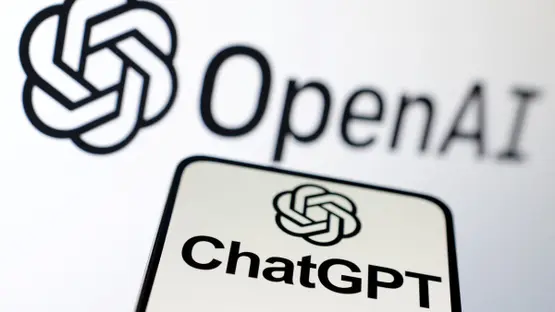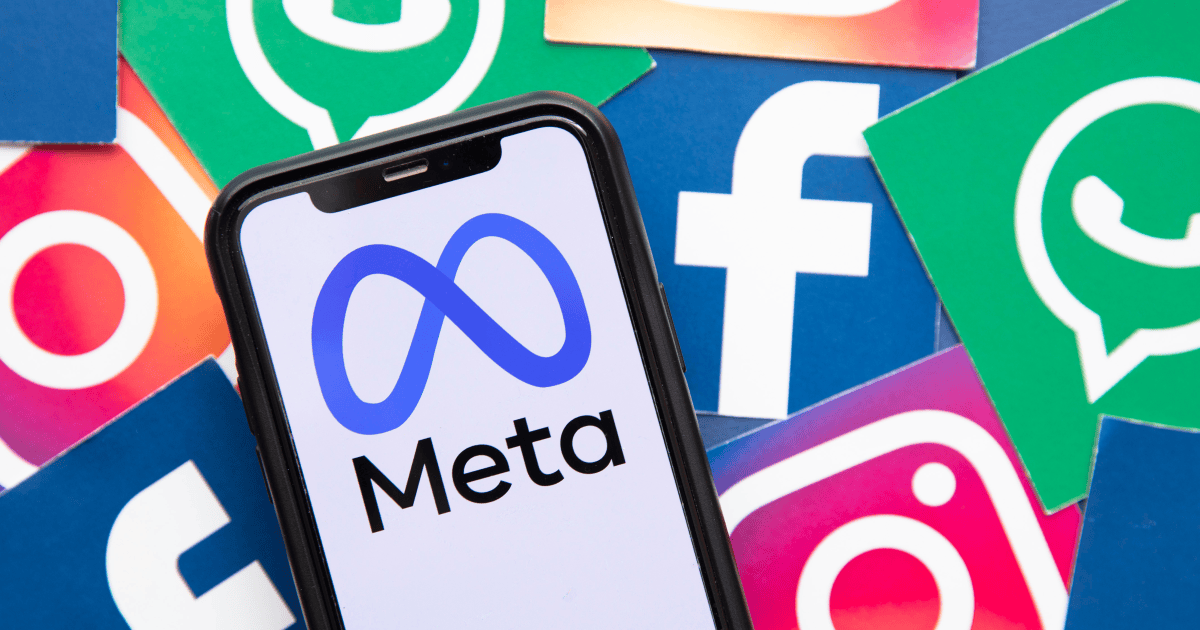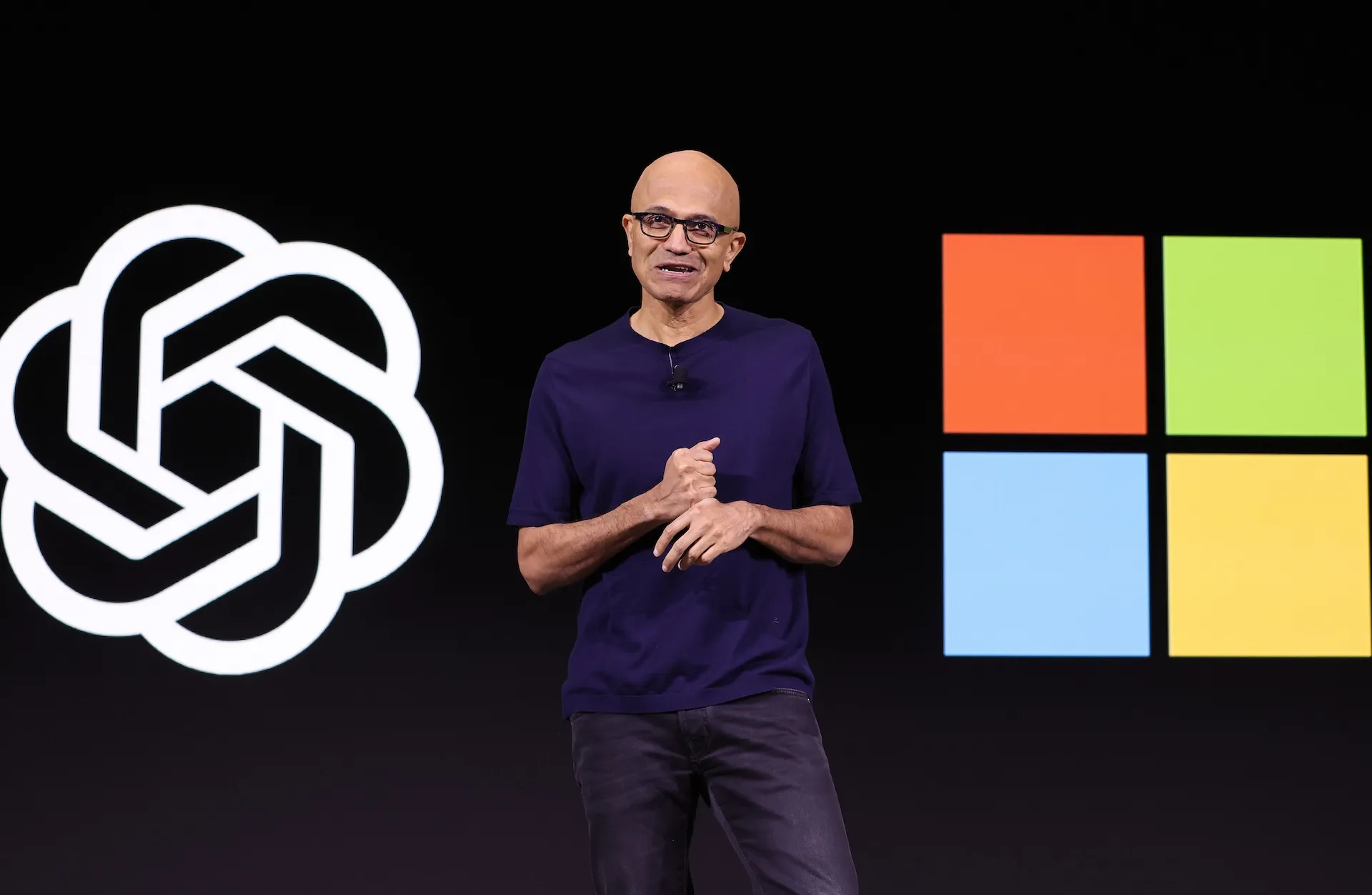The AI that answered everything now answers almost nothing when it really matters
It’s 2 a.m. Your head’s been pounding for days. You can’t afford the $200 urgent care copay, so you do what millions have done: you type your symptoms into ChatGPT. For years, the AI has been there—always awake, never judgmental, ready with an explanation that at least made you feel less alone in the dark.
But as of October 29, that conversation ends differently. No medication names. No dosage suggestions. Just a polite redirect: “Talk to a doctor.”
OpenAI has fundamentally changed the rules of engagement. ChatGPT is no longer your late-night medical consultant, your budget lawyer, or your investment advisor. It’s officially become what the company now calls an “educational tool”—a fancy term for “we’re not getting sued over this.”
When the Free Clinic Closes
The internet is full of people who relied on ChatGPT for more than just curiosity. On Reddit, one user shared how the AI helped them understand their chronic illness better than their own doctors ever had. Another talked about saving “so much money” by getting legal guidance from ChatGPT instead of paying hourly rates to an attorney.
These aren’t tech bros playing with toys. These are people trying to navigate systems that are expensive, intimidating, and often inaccessible.
“ChatGPT did amazingly well in legal stuff,” one Reddit user wrote. “I benefited from it tremendously, and I saved so much money. Probably this is why they’re squeezing in on it.”
The sentiment hits hard because it’s true: professional advice costs money that many people simply don’t have. A chatbot that could explain legal jargon, suggest what questions to ask your doctor, or break down a confusing financial statement felt like a lifeline. Now that lifeline comes with a disclaimer: this is for your information only.
The Danger That Was Always There
Of course, there’s a reason for the change. ChatGPT has always been what tech critics call “confidently wrong.” It can explain a medical condition with the authoritative tone of a tenured physician, even when it’s pulling information from questionable sources or making logical leaps that don’t hold up to scrutiny.
People typed in “persistent cough” and got responses ranging from “seasonal allergies” to “possible lung cancer.” A harmless headache might be diagnosed as anything from dehydration to a brain tumor. When you’re scared and searching for answers at 3 a.m., that kind of ambiguity is terrifying.
Legal advice was no better. ChatGPT could draft a rental agreement that looked legitimate but missed key clauses specific to your state. It could suggest investment strategies without knowing your debt, your goals, or your risk tolerance. The consequences weren’t abstract—they were real money, real lawsuits, real harm.
And so OpenAI drew a line. The new policy is explicit: no naming medications or giving dosages, no lawsuit templates, no investment tips or buy/sell suggestions. If it requires a professional license, ChatGPT won’t touch it.
What’s Left in the Void
The policy change raises uncomfortable questions. If ChatGPT was helping people who couldn’t afford doctors, lawyers, or financial planners, what happens to those people now? The professional services didn’t suddenly get cheaper. The barriers didn’t disappear.
Advocates argue that the change protects users from bad advice. Critics counter that it protects corporations from liability while leaving vulnerable people with nowhere to turn. Both things can be true.
The reality is messier than either side wants to admit. ChatGPT was never a substitute for a real doctor—but for someone without health insurance, it was better than nothing. It couldn’t replace a lawyer, but it could help you understand what questions to ask when you finally scraped together the money for a consultation.
Now, the AI will still explain what a 401(k) is or define legal jargon in general terms. It just won’t tell you what to do with yours. It’s the difference between a textbook and a counselor, between information and guidance.
The Privacy Problem No One’s Talking About
There’s another layer to this story that’s easy to miss: everything you’ve ever told ChatGPT might be used to train future versions of the AI. That medical history you shared, the salary you mentioned, the legal trouble you asked about—it’s all potentially part of the dataset now.
Experts warn that sharing sensitive personal information with a chatbot isn’t as harmless as it feels. There’s no doctor-patient confidentiality here, no attorney-client privilege. Just a terms-of-service agreement most people never read.
An Education, Not a Consultation
OpenAI’s position is clear: ChatGPT is meant to educate, not to advise. It can teach you how the stock market works, but it can’t tell you which stocks to buy. It can explain what a contract clause means, but it can’t write one that will hold up in court.
For some users, that’s enough. For others, it feels like a door closing.
One thing is certain: the age of asking AI for personalized guidance on life’s biggest decisions is over—at least officially. Whether users actually stop asking is another question entirely. And whether the AI can truly resist answering remains to be seen.
For now, though, when you type in those desperate 2 a.m. questions, you’ll get the same answer every time: “I’m just an educational tool. Talk to a professional.”
Whether you can afford one is your problem to solve.
OpenAI updated its usage policies on October 29, 2025, prohibiting ChatGPT from providing medical, legal, or financial advice requiring professional licensing. The company cited liability concerns and regulatory compliance, including alignment with EU AI Act and FDA guidance.




